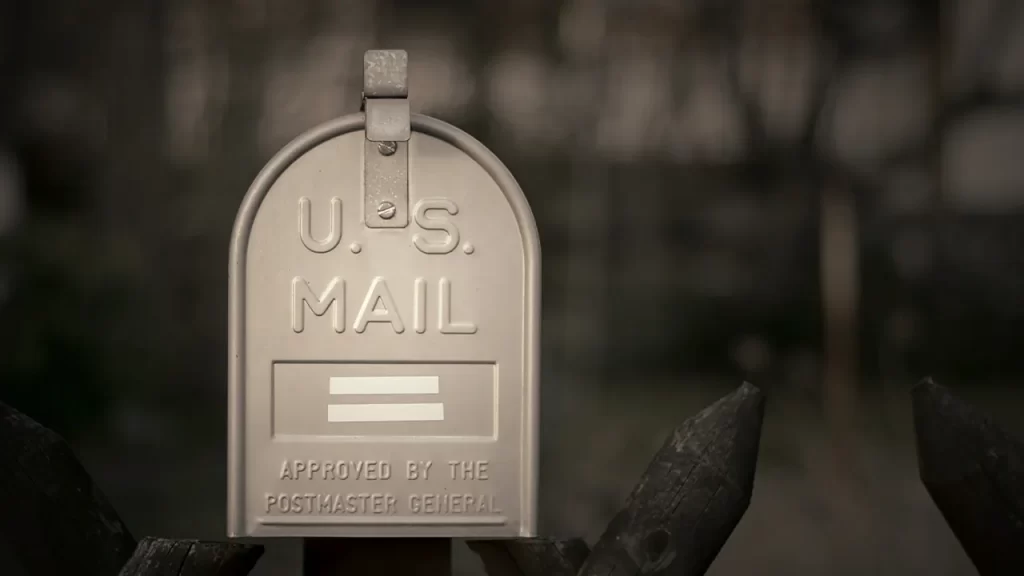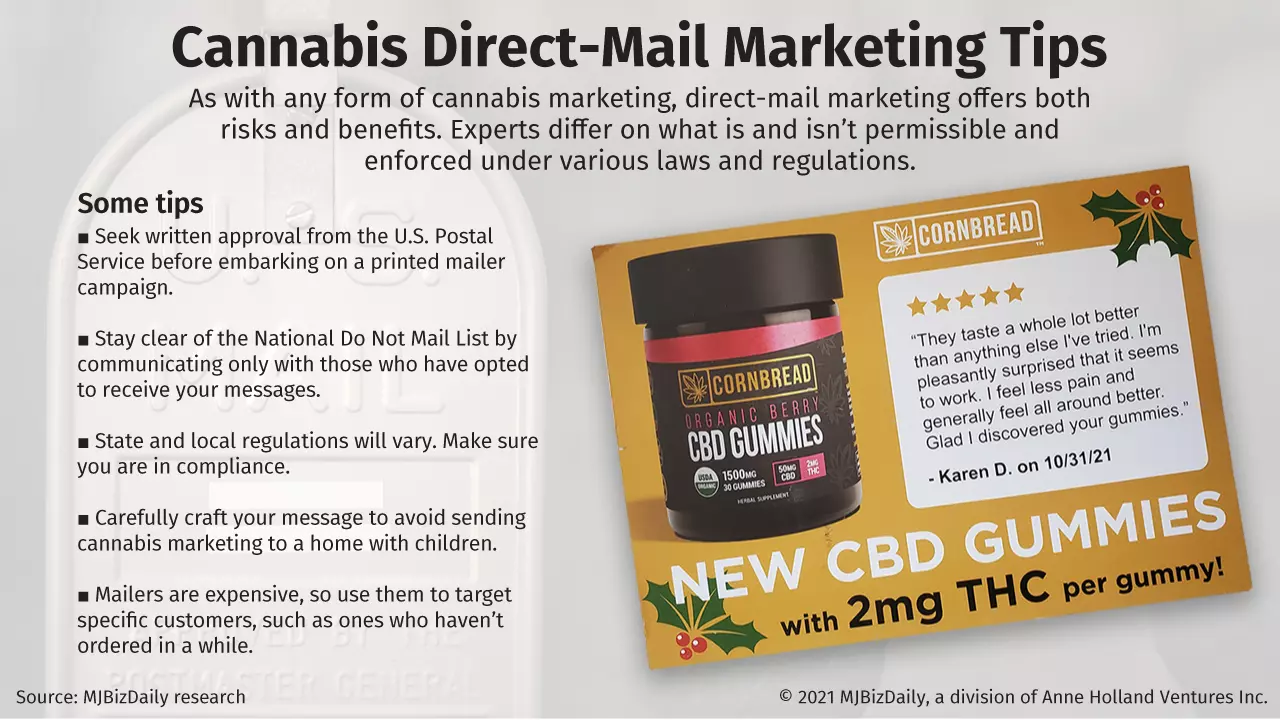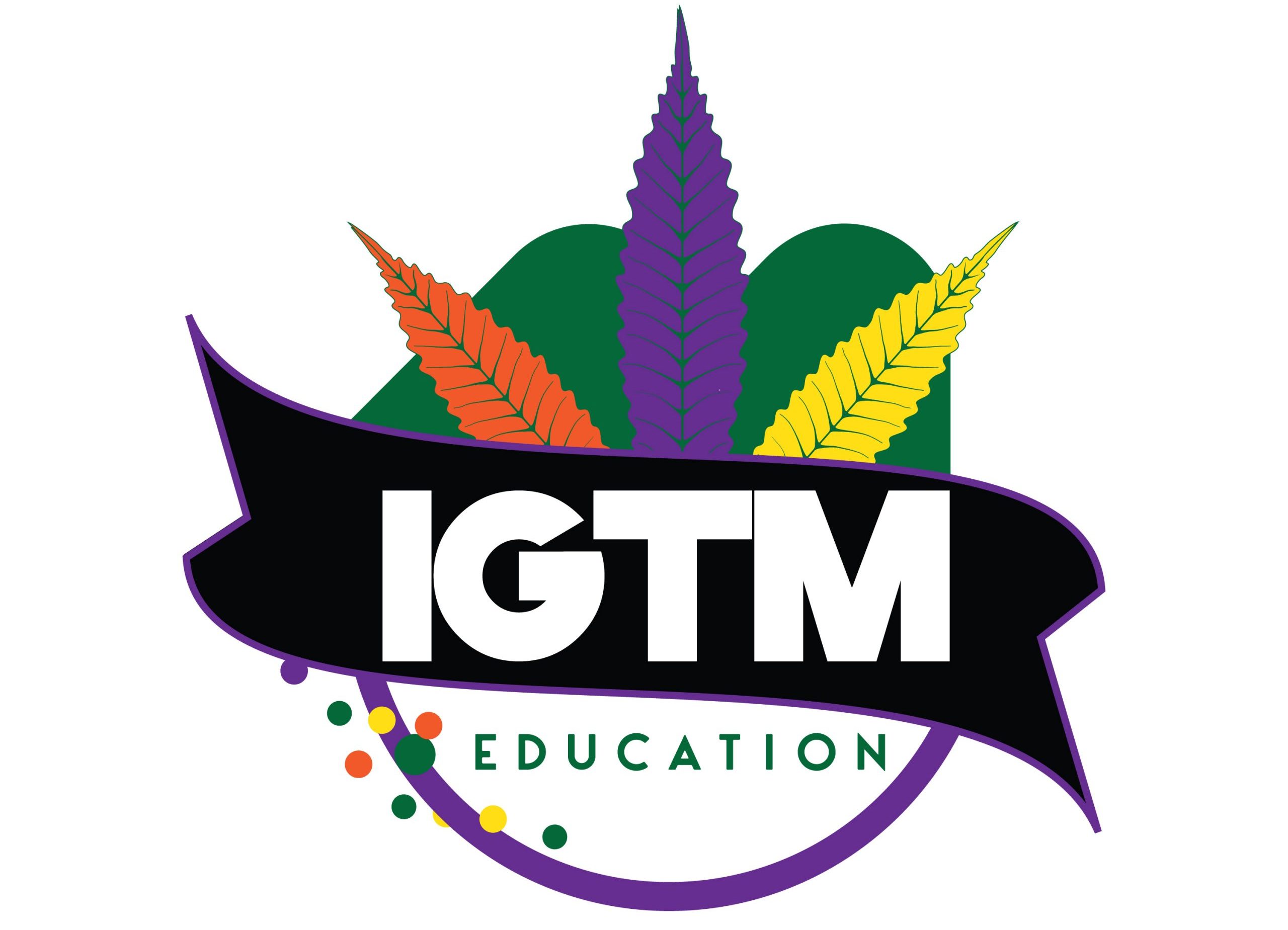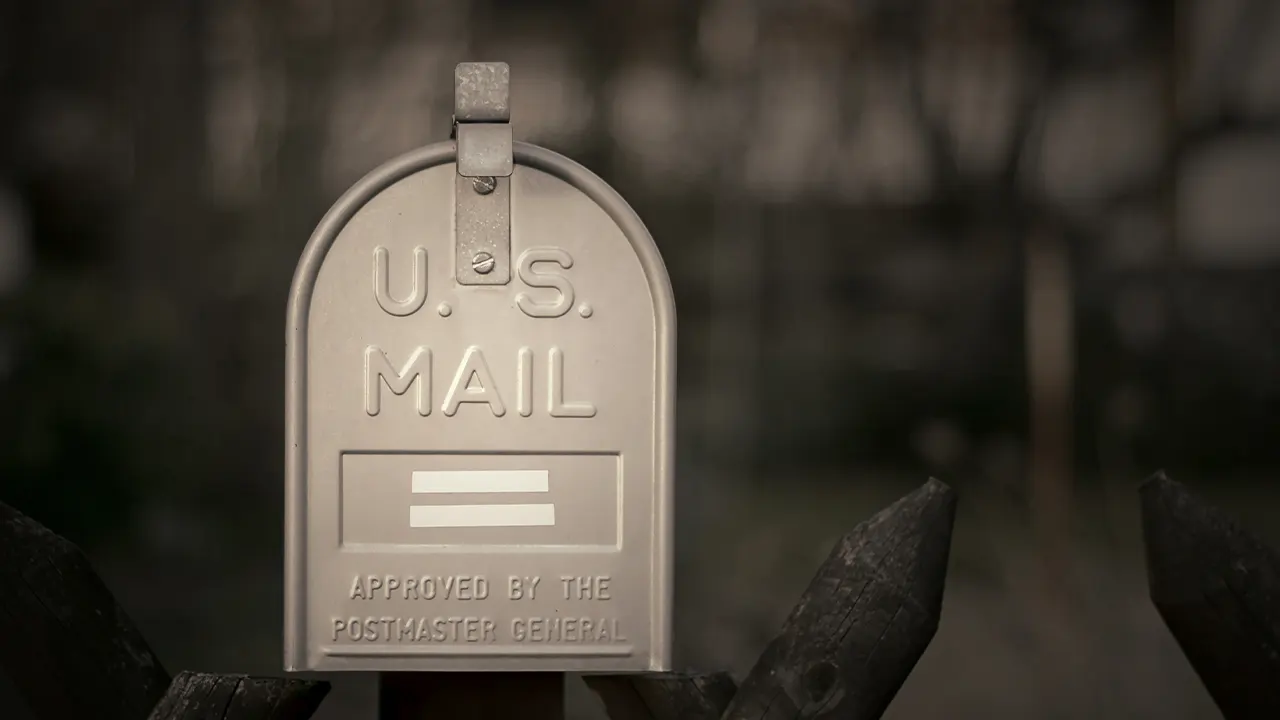
Kentucky-based Cornbread Hemp has included mailers in its marketing strategy for at least two years.
But a recent tweak to the company’s messaging on a promotional postcard brought more attention than it bargained for – so much so, it’s been flooded with orders and incited some worry among Cornbread Hemp’s customer base.
“We’ve been selling the exact same products for 2½ years,” CEO Eric Zipperle explained on a recent video call alongside fellow founder Jim Higdon.
That includes a bottle containing 1,500 milligrams of CBD and 0.3% THC, which isn’t a controlled substance.
Until last fall, all Cornbread Hemp marketing promotions included the percentage of THC per package.

But company executives realized switching to milligrams – 2 milligrams of THC per 50-milligram-serving of CBD, in this case – would be clearer messaging.
“Not until we said 2 milligrams did everyone go, ‘Holy crap. Is this legal? You can send this to me in Iowa? Is this legal?’” Zipperle said. “People have just been very concerned … very, very concerned.”
According to Zipperle, the reaction shows that, despite the growing acceptance of CBD and the increasing number of states legalizing medical and adult-use marijuana, THC is still very much a taboo subject to include on flyers or any marketing campaign.
And when it comes to mailer marketing through the U.S. Postal Service, direct-mail companies and marketers have different ways of interpreting and navigating the laws as well as which ones are enforced as they relate to marijuana and hemp businesses.
“Direct-mail marketing, like any type of cannabis marketing, comes with its risks and benefits,” advised Lisa Buffo, founder and CEO of the Cannabis Marketing Association.
Murky federal laws
According to David Coleman, a senior public relations representative at the Postal Service, the rules are clear when it comes to marketing cannabis products in the mail.
“Under current federal law, it is unlawful to place any written advertisement in any newspaper, magazine, handbill, or other publications, for the purpose of seeking or offering illegally to receive, buy, or distribute a Schedule I controlled substance, including marijuana,” he said via an emailed statement to MJBizDaily.
“It is also unlawful to use the mail to facilitate the commission of a felony related to a controlled substance. The federal statute provides criminal penalties for mailing such advertisements which is enforced by federal law enforcement agencies.”
While the 2018 Farm Bill removed hemp from the Controlled Substances Act, marijuana is still a Schedule 1 drug.
That’s why Cornbread Hemp’s compliance team approved the company’s campaign and why some direct-mail companies such as California’s Gunderson Direct will move ahead only with CBD mailer marketing.
Company President Mike Gunderson recommended seeking written approval from the Postal Service before embarking on a printed mailer campaign.
That’s what his team did when coordinating a postcard mailout on behalf of Eaze Wellness, an online CBD-focused wellness company that is a unit of California delivery giant Eaze.
“That being said,” he wrote in an email, “there would have to be an actual sample of what they are intending on mailing before a ruling could be made on the content.”
The CMA’s Lisa Buffo also warned to be mindful of the National Do Not Mail List, which is offered by the Direct Marketing Association and allows consumers to refuse unwanted mail.
“It’s generally a best practice to communicate with those who have opted into your messages, like your current customers,” she said via email.
“There are also data privacy standards that you must comply with if using the USPS.”
Sticky state laws
While some companies are more comfortable with adhering to strict federal laws, others see state and local statutes as the more important regulations to comply with.
Guillermo Bravo, the chief evangelist at California-based cannabis advertising and digital marketing firm MediaJel, said local laws are the most important element to understand before moving ahead with a campaign.
And many local jurisdictions are fine with both marijuana and hemp mailer advertising.
“We’ve launched them in California, Maryland, Michigan, Illinois, all over the place,” he said in a video call. “And each of them have different requirements.”
In California, for example, mailers must include a company’s sales license number.
In some states, communications must be conducted in certain languages; in others, any incentives such as discounts or buy-one-get-one-free promotions aren’t permitted.
Like Gunderson, Bravo recommended printing out a sample of the flyer and showing it to in-house legal advisers and the local cannabis control board to get approval first.
He also said direct-mail marketers can precisely target the recipients very carefully and conservatively to avoid inadvertently sending cannabis marketing to a home with children.
And on the compliance side, it’s easy to show a list of the addresses and demographic information for each target – something that’s much trickier to do with other marketing formats such as billboards.
“So when you’re actually choosing your audiences, you can select 25 and up with no kids living with them,” Bravo said.
“You can set that as a parameter so that you meet the requirements for the state.”
Eye on the ROI
While opinions differ on what is and isn’t permissible and enforced, everyone agrees that mailers aren’t the most effective as a top funnel strategy unless the budget is sizable and they’re sent out in conjunction with several other formats, such as programmatic and broadcast advertising.
Cornbread’s Zipperle recommended mailers as a follow-up strategy when existing customers haven’t made an order for some time and could use an incentive to make more purchases.
They’re also expensive, at about 80 cents per postcard, Zipperle said.
So be sure to include a promo code or QR code, depending on whom you’re targeting (younger consumers tend to be comfortable with QR codes; older consumers might prefer a promo code) on each flyer to ensure that the success of the campaign can be precisely tracked.
Cornbread’s Higdon said the company will use mailer marketing again and that the mailers will continue turning heads with their THC-forward messaging.
“We see ourselves as a cannabis brand operating on the legal hemp side of the dividing wall that’s arbitrary and artificial and created by Congress,” he said.
“It’s still the plant, and the only difference is the THC level of that plant. And so we’re leaning into what THC we can offer, and we can offer that direct to consumer to 50 states and all US territories …
“That’s something that no cannabis brand that’s locked in a state legal system can do.”

